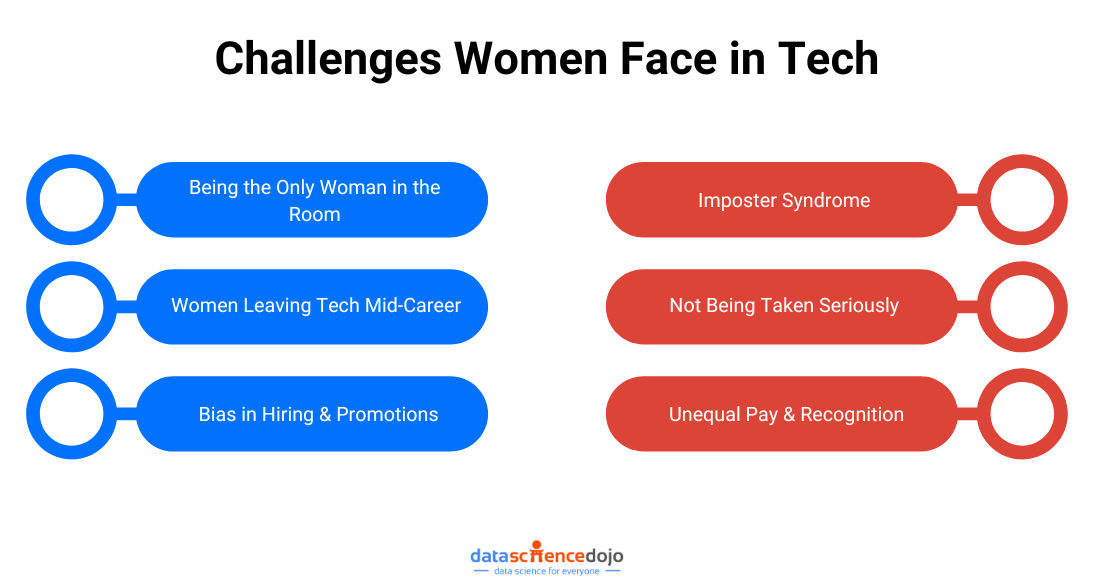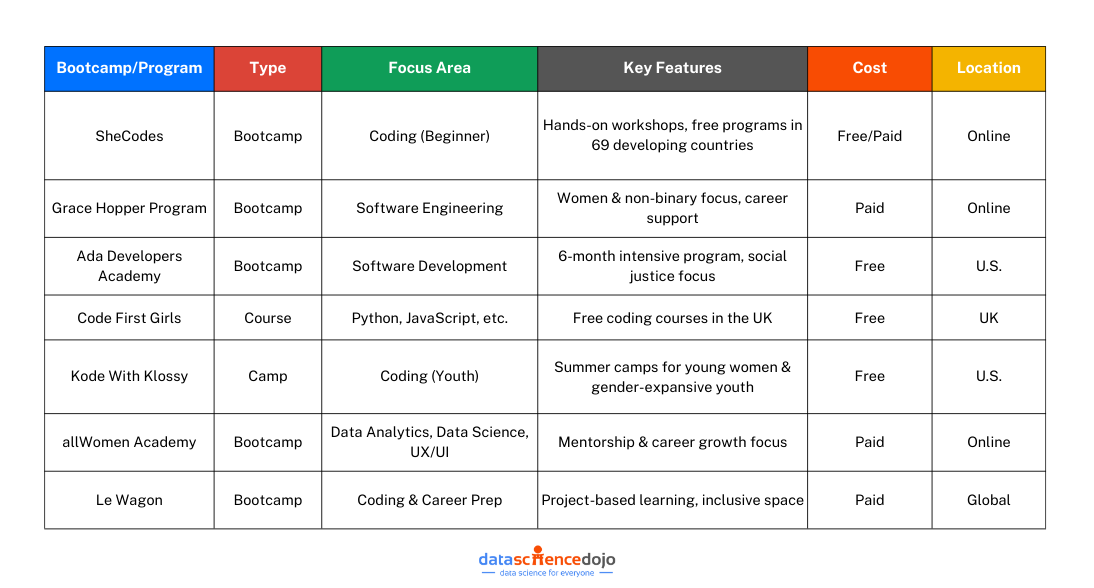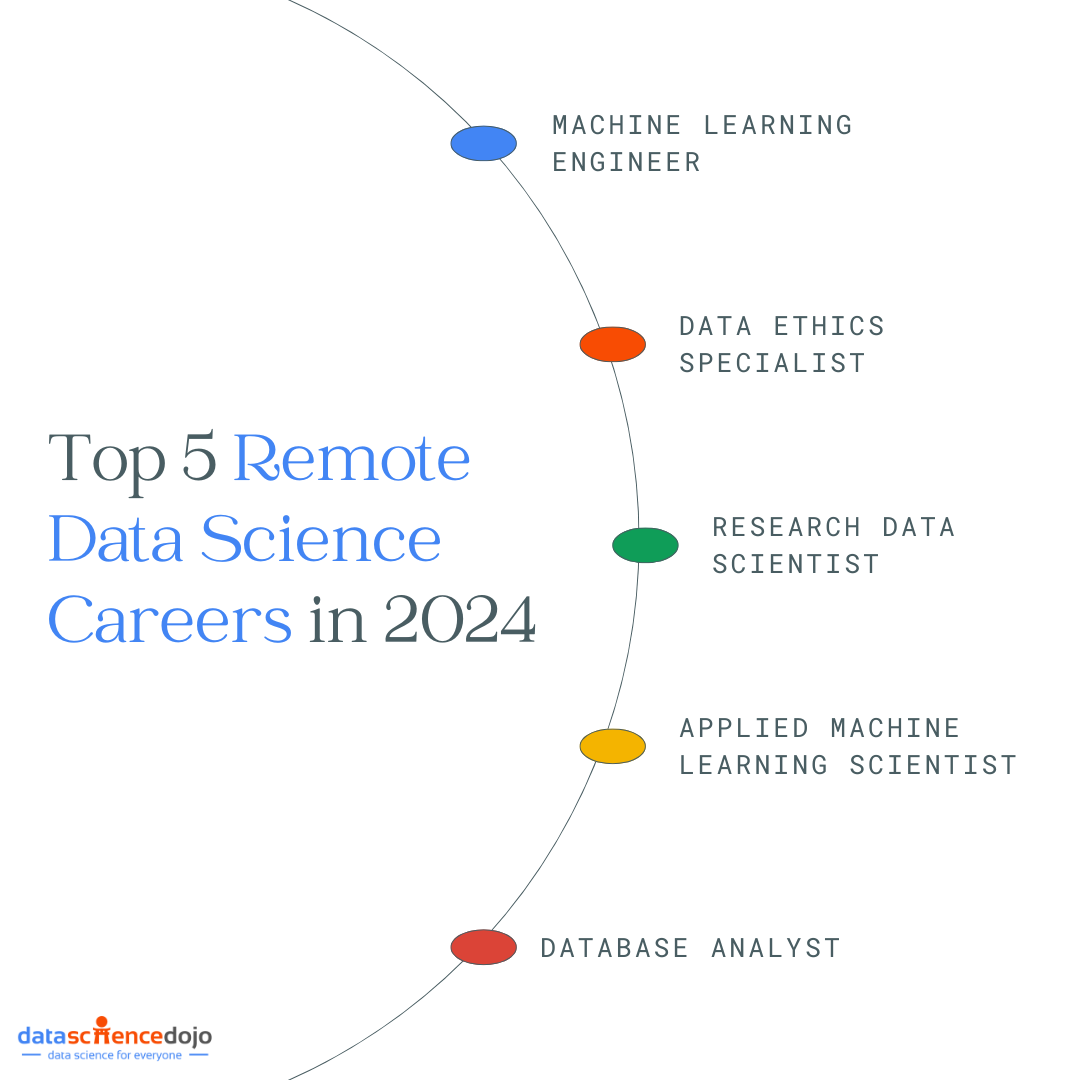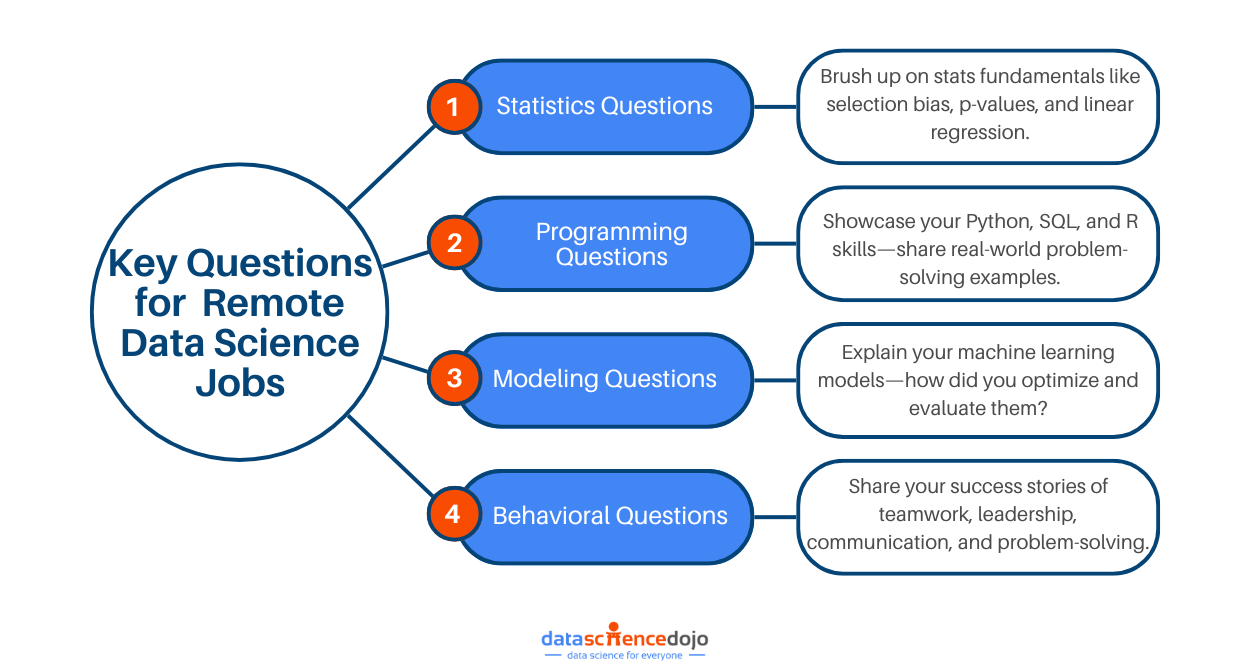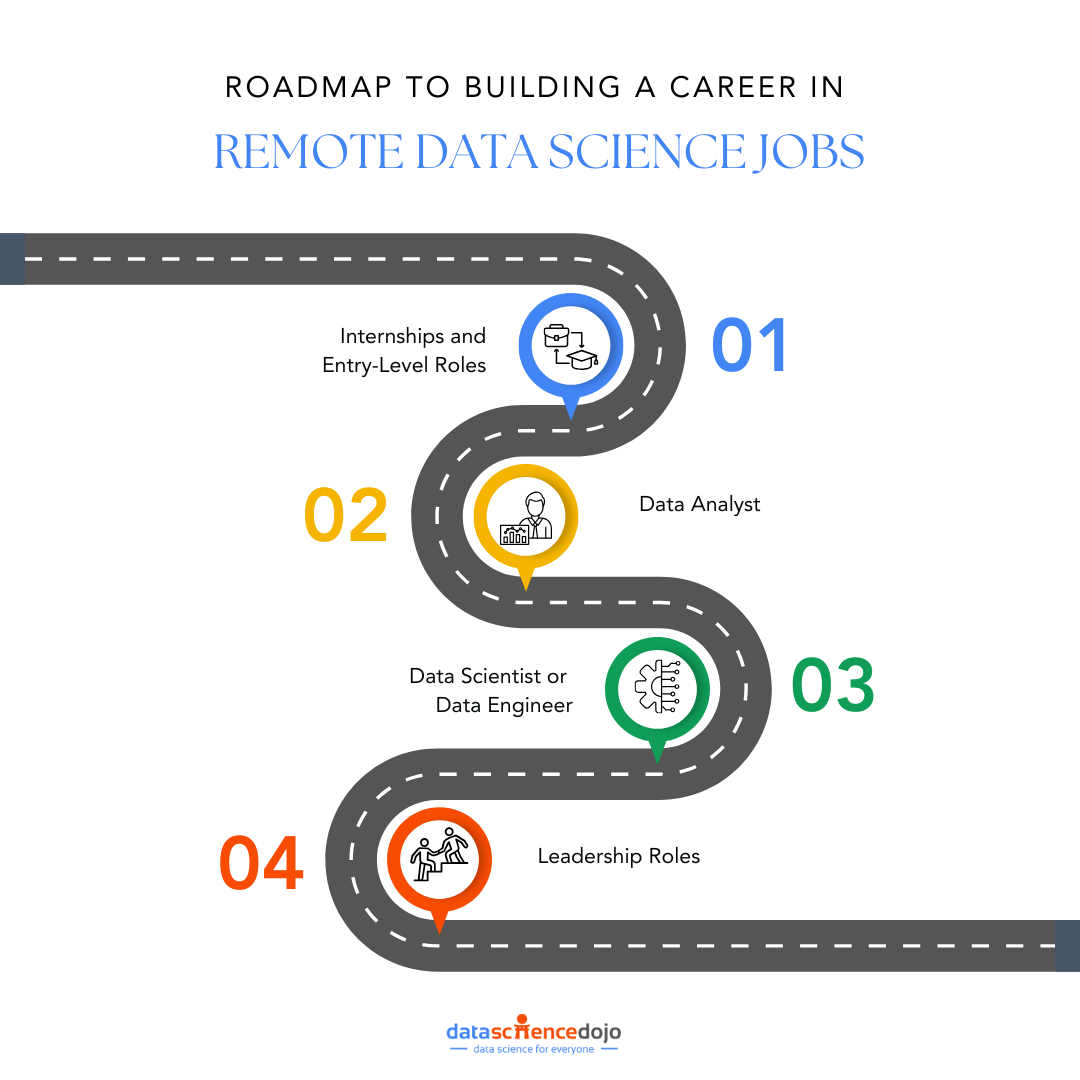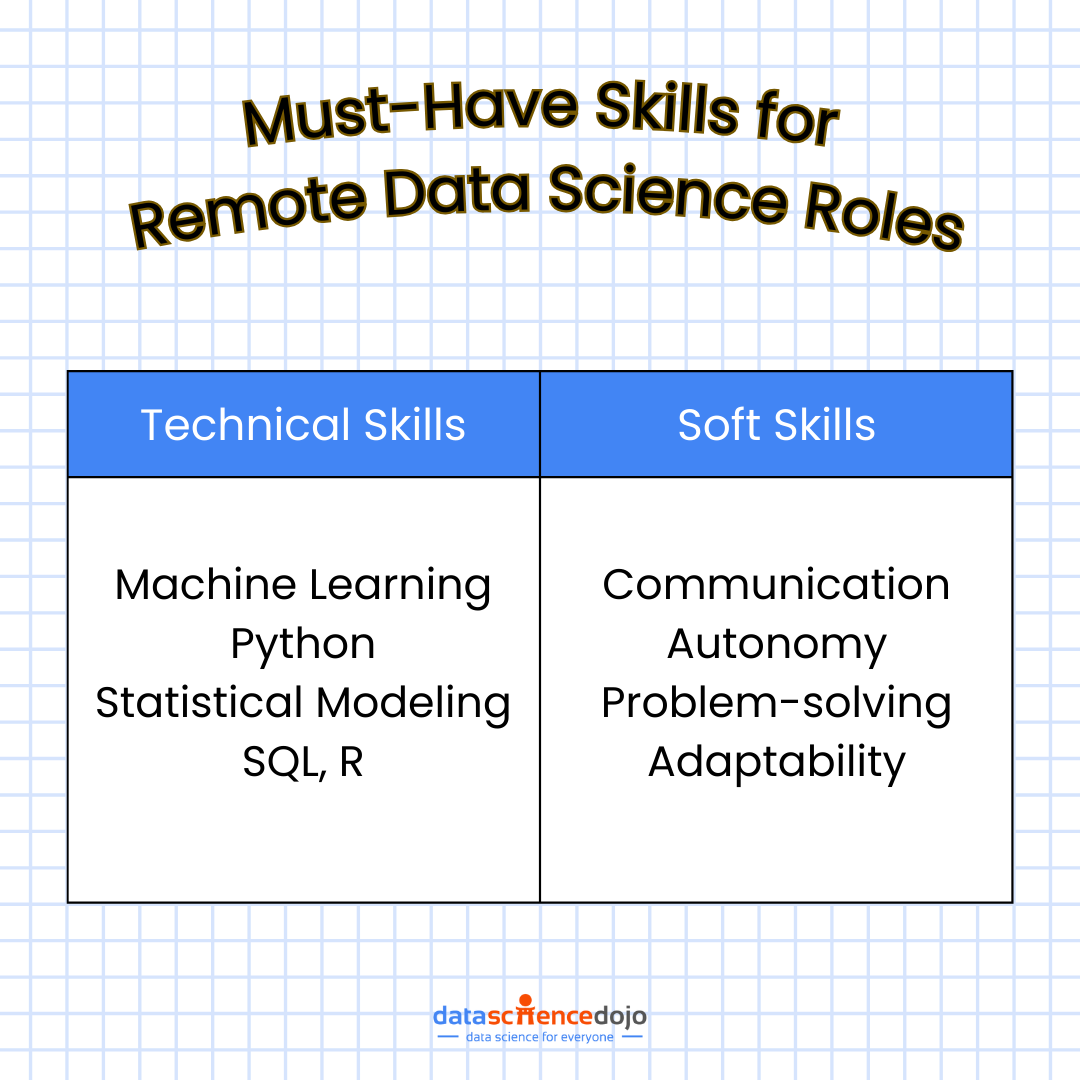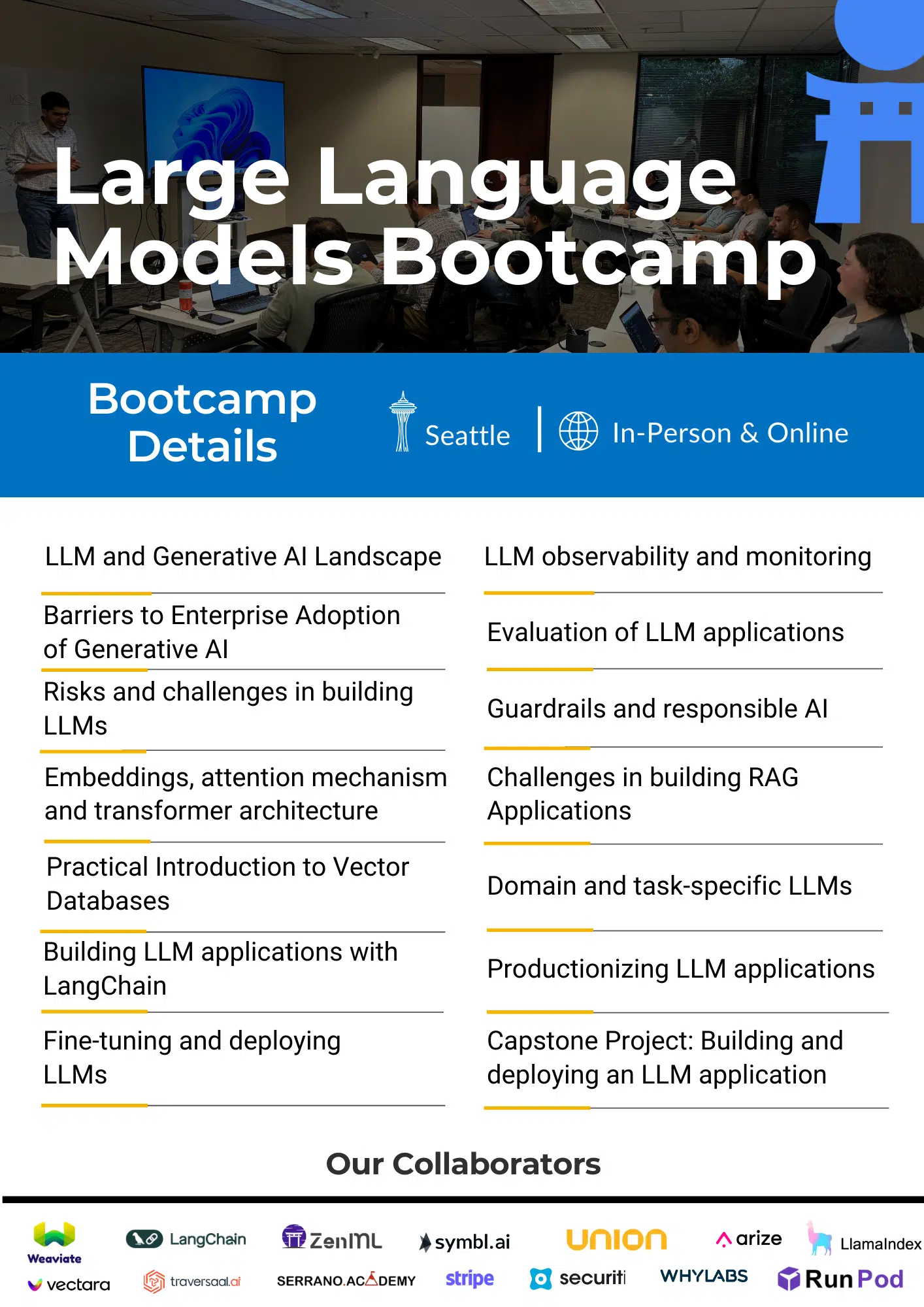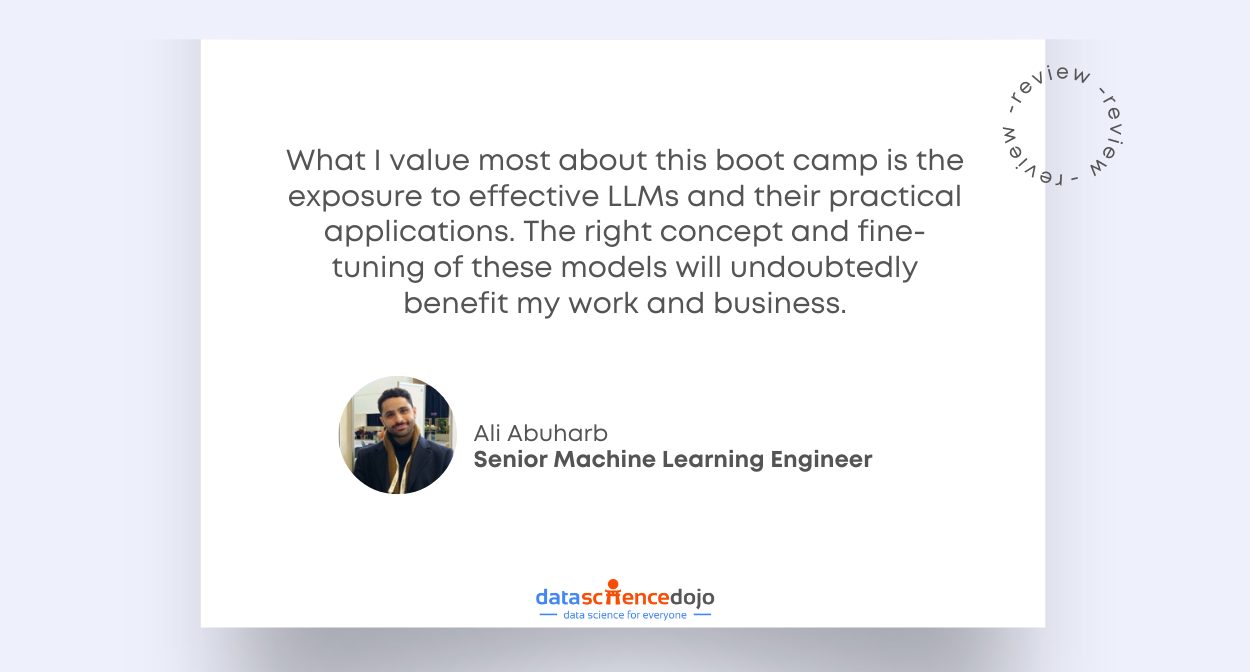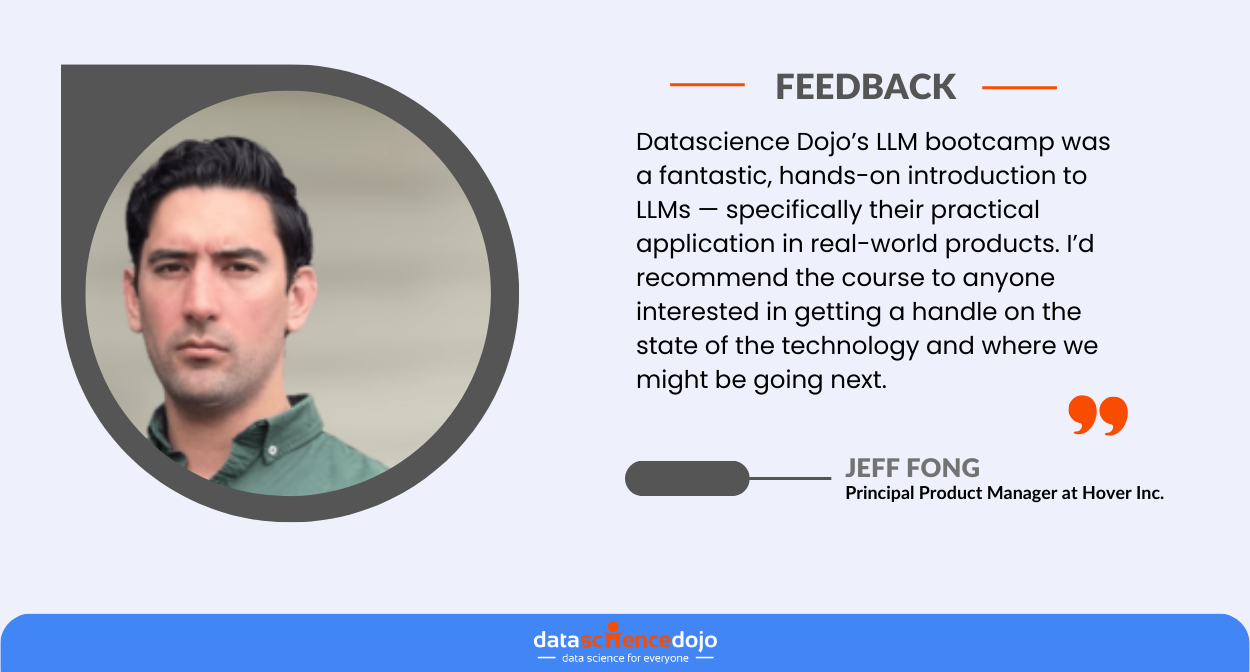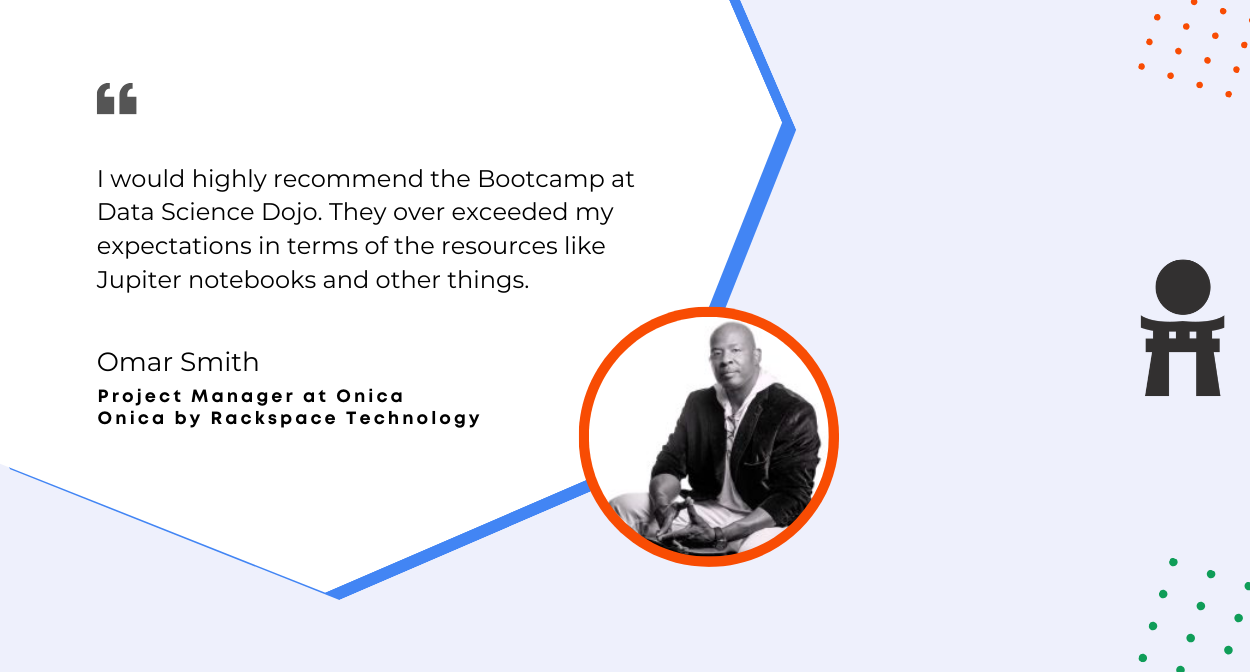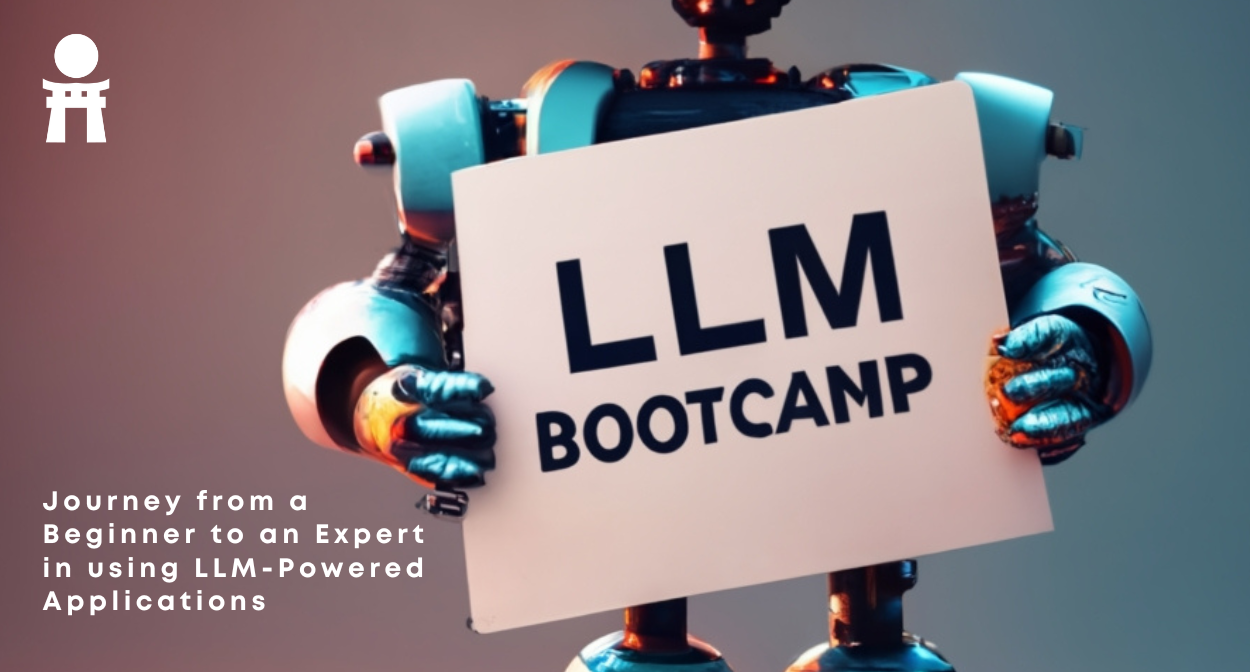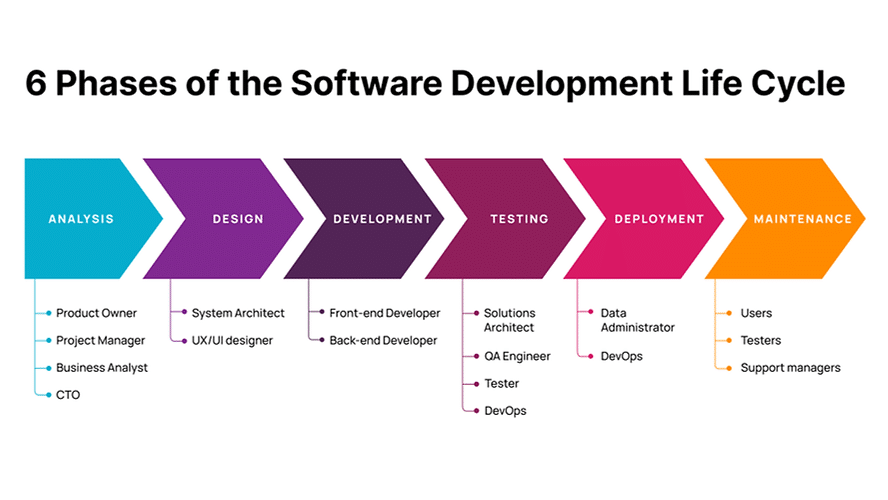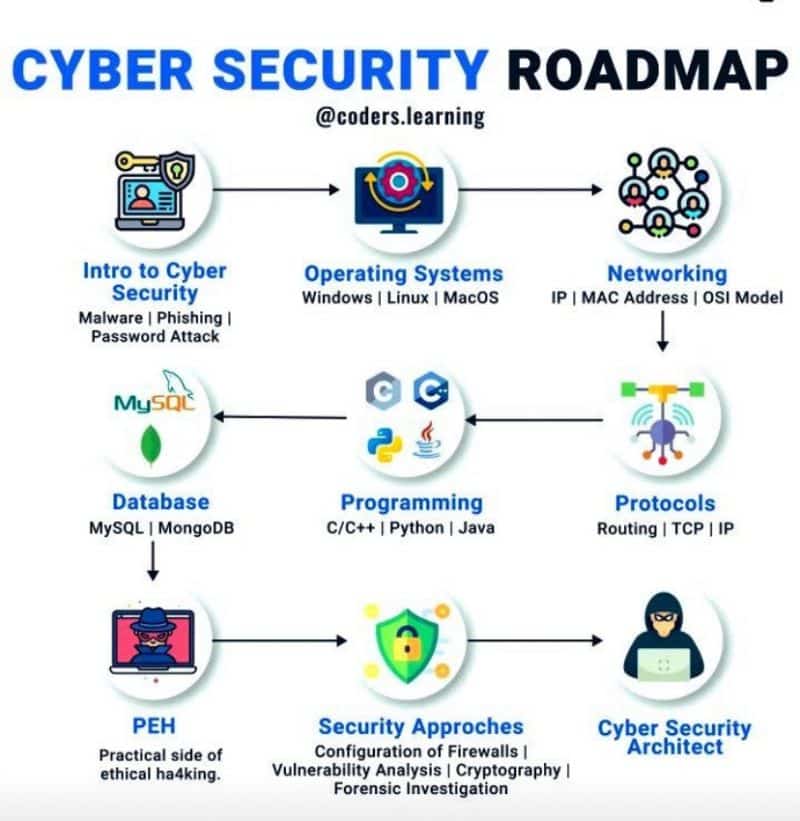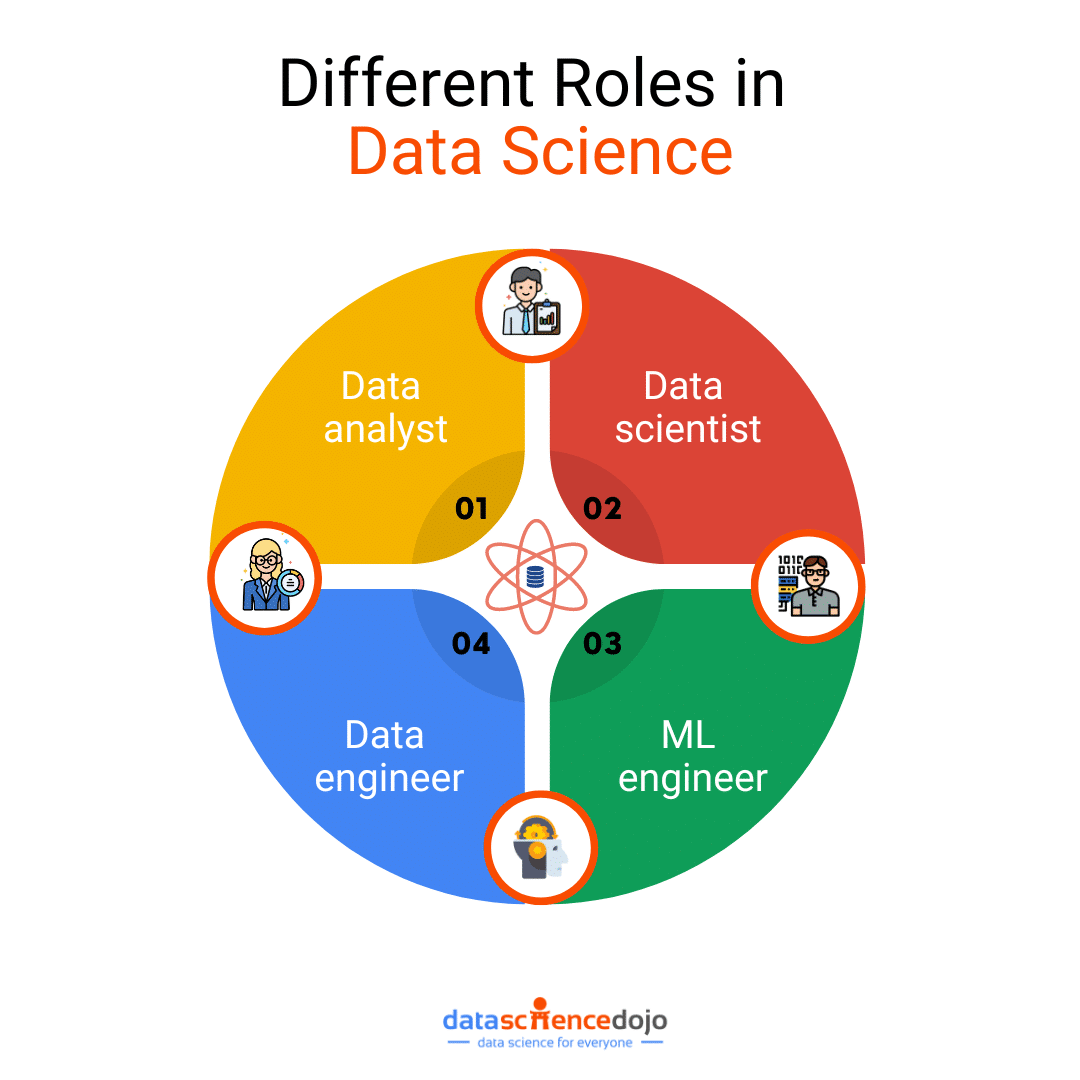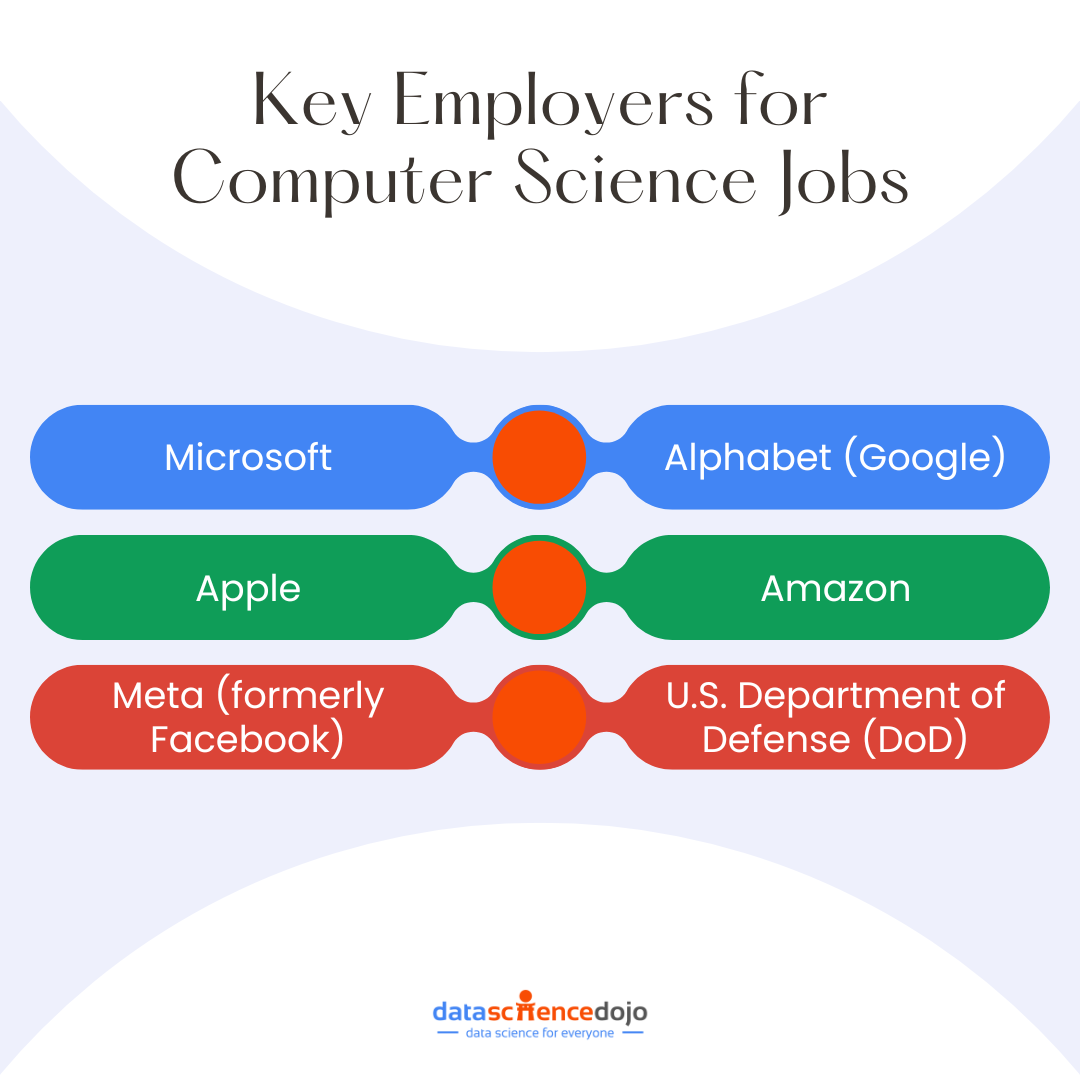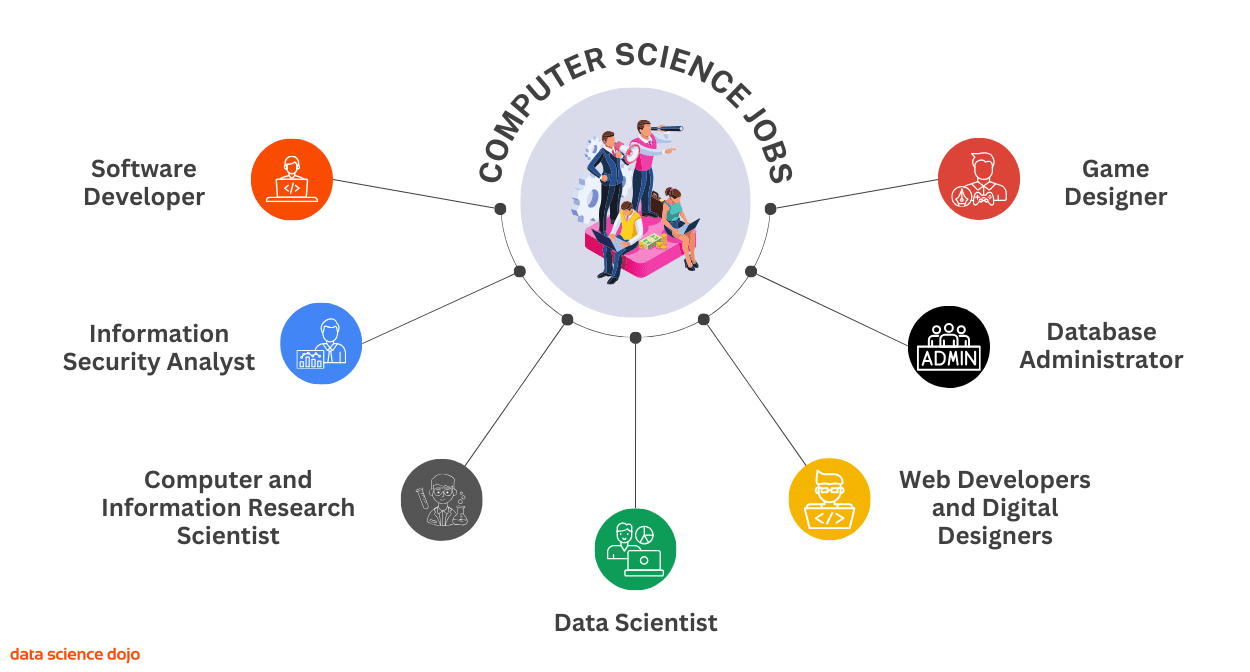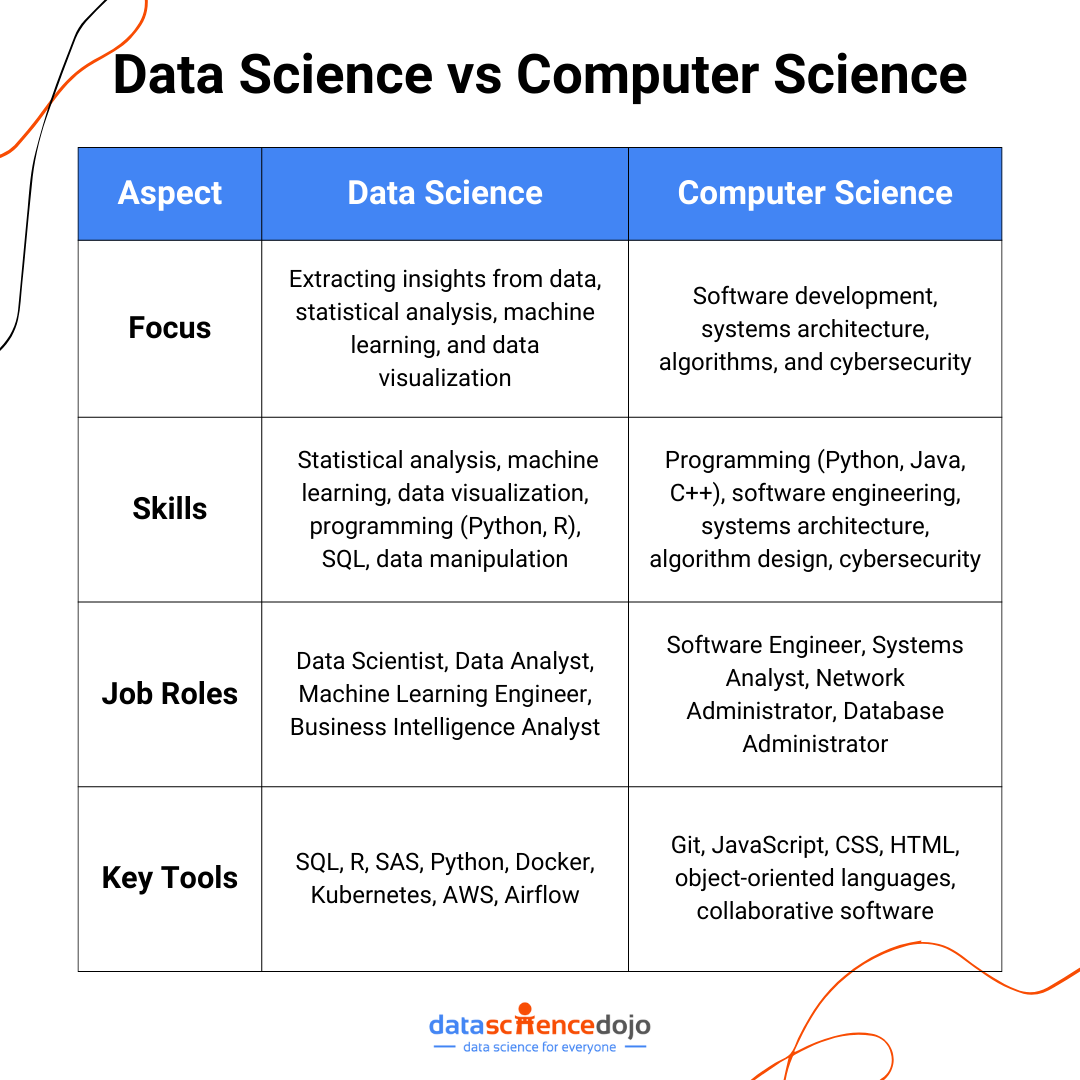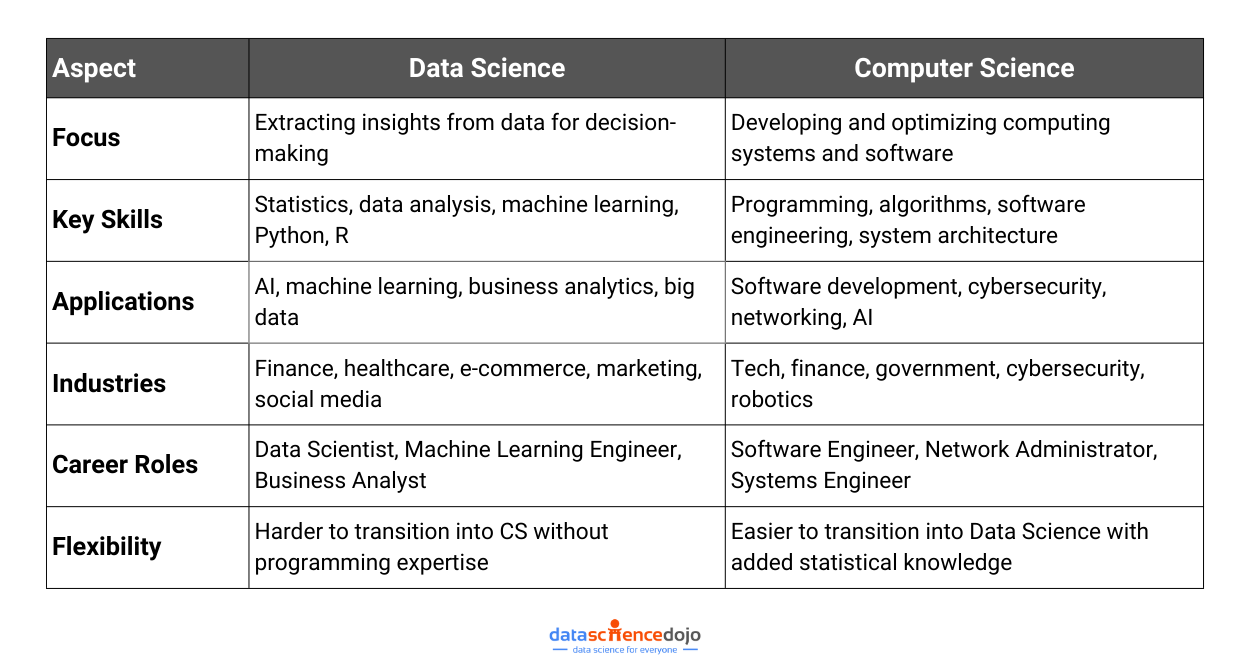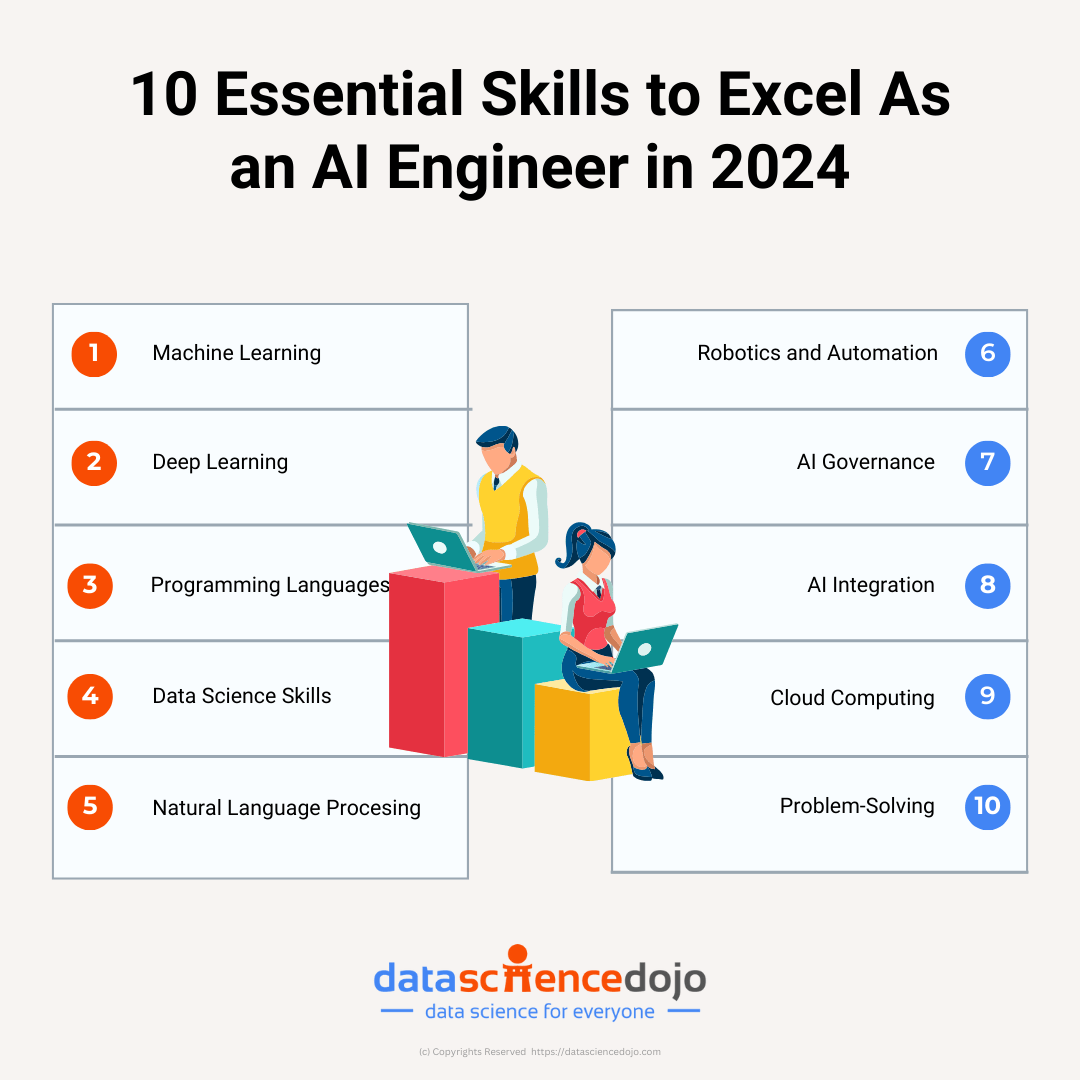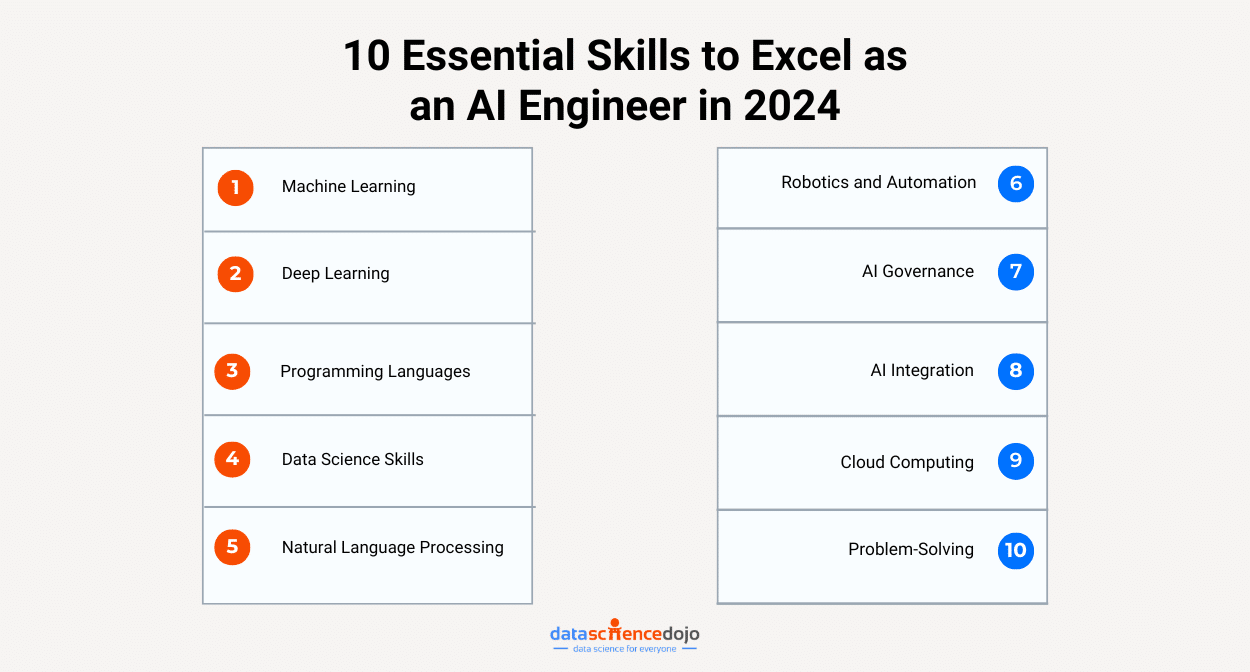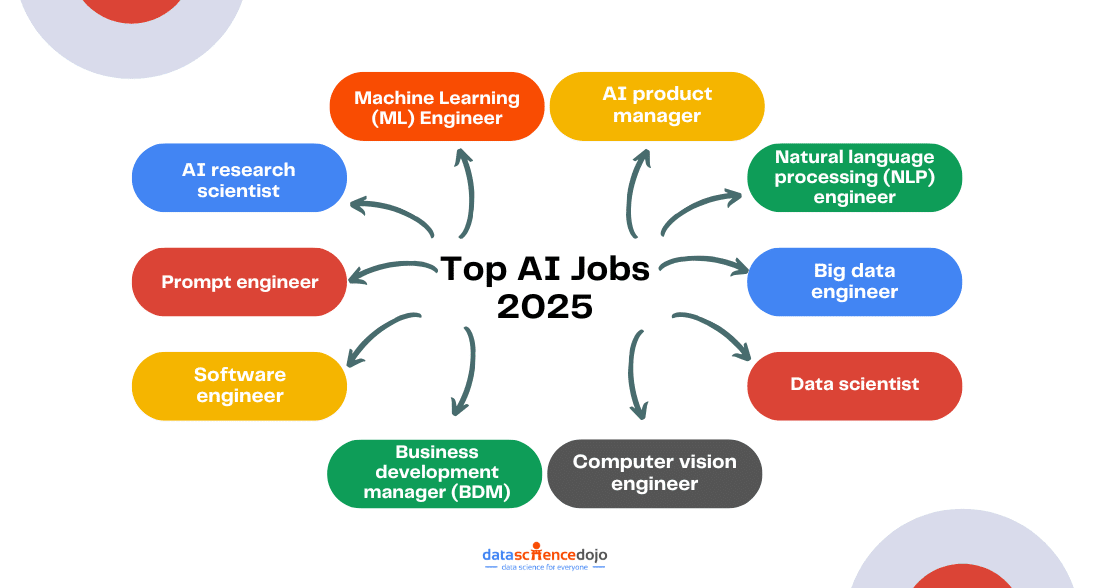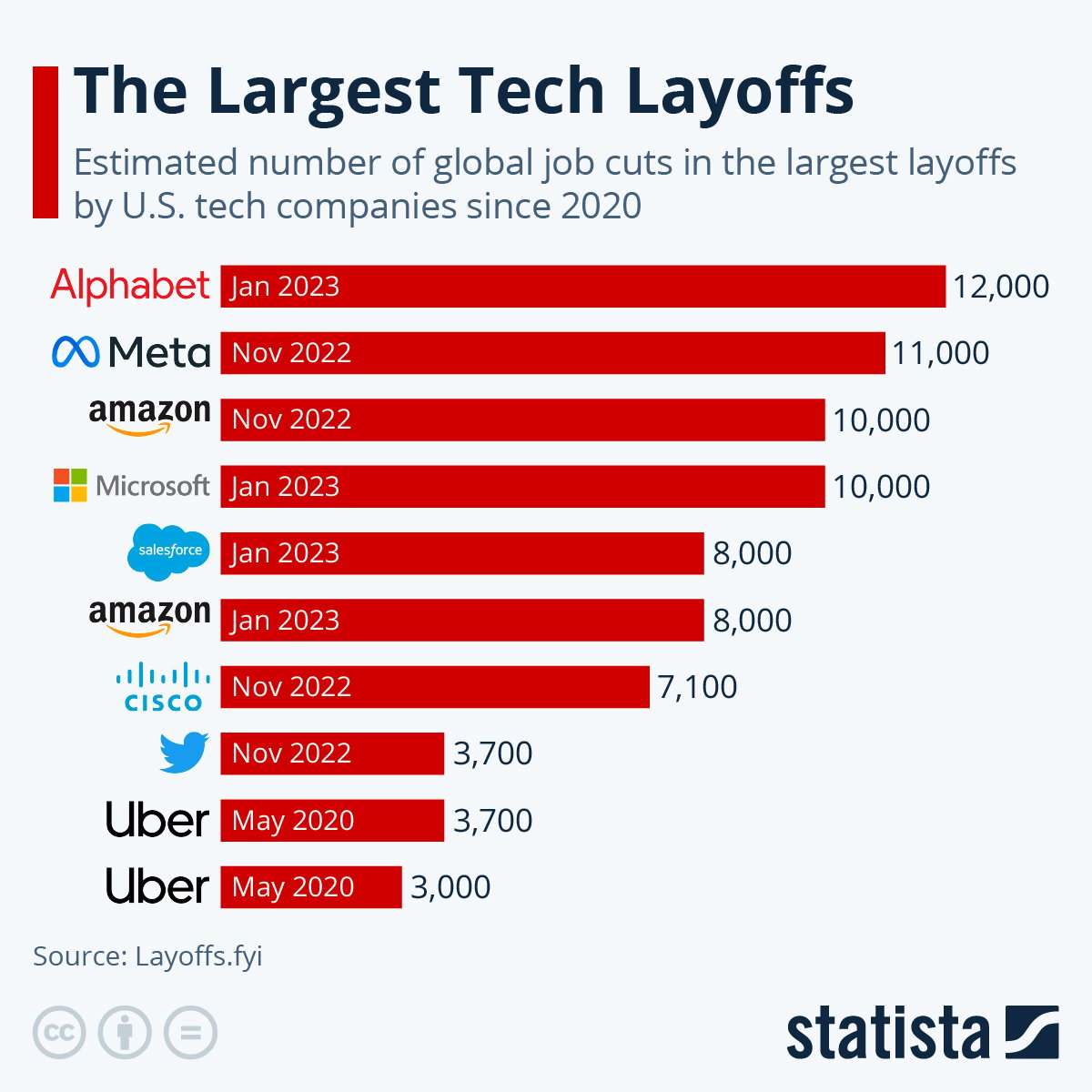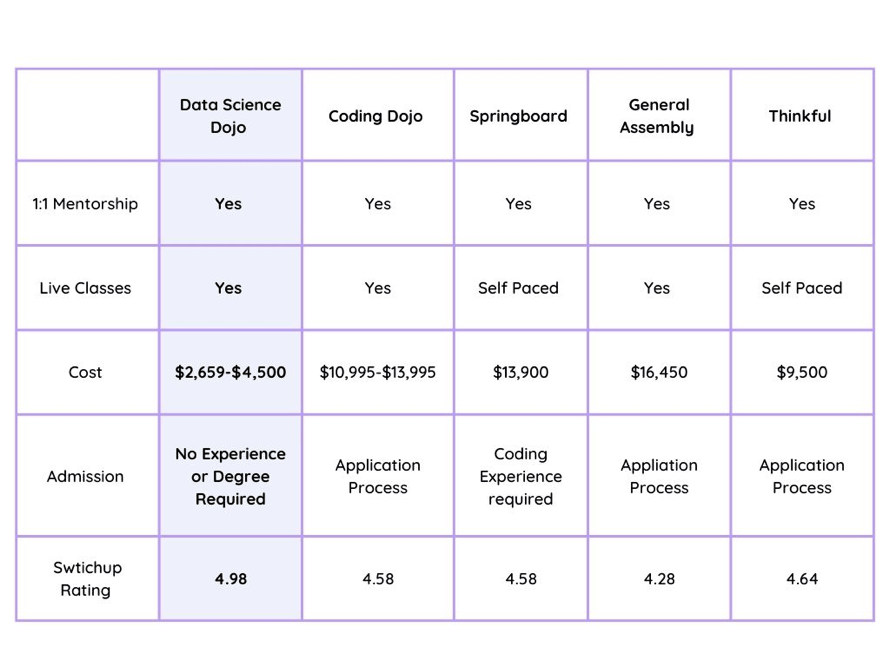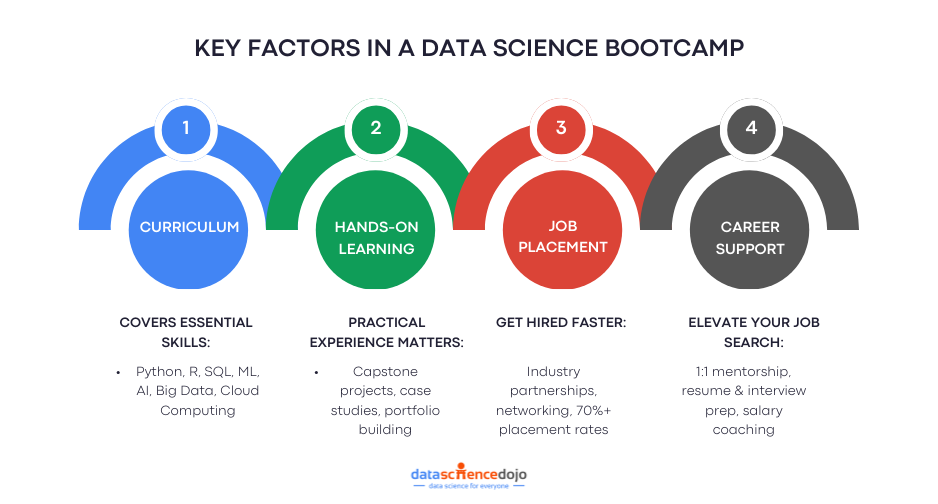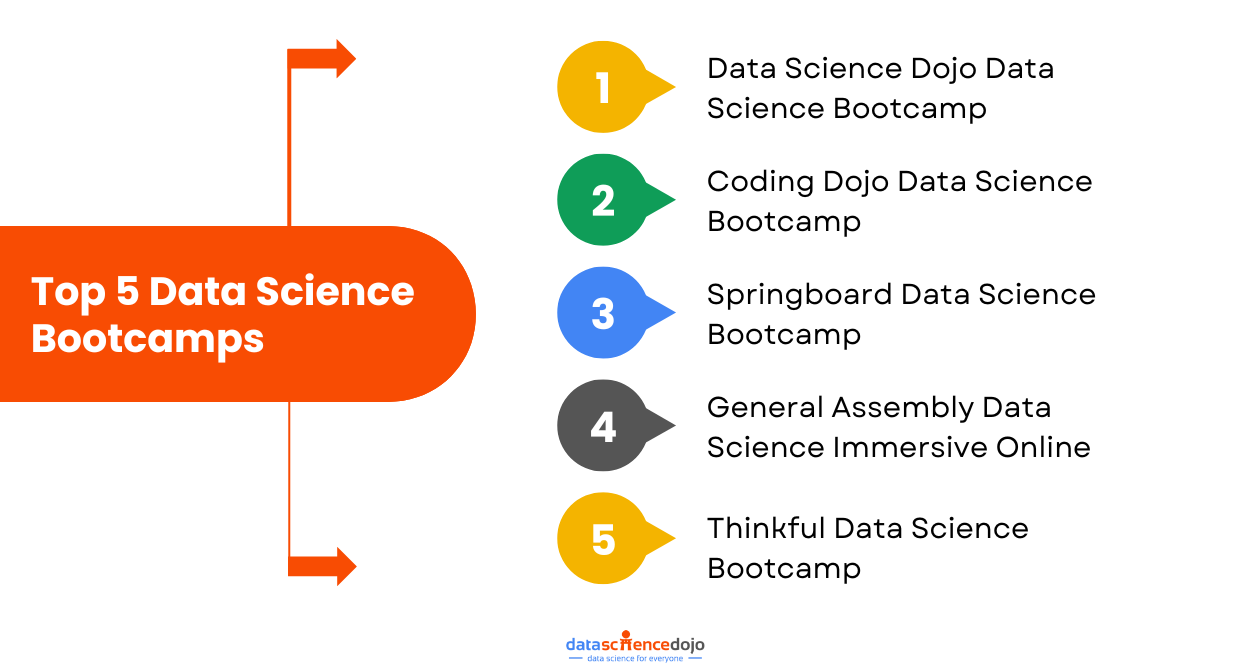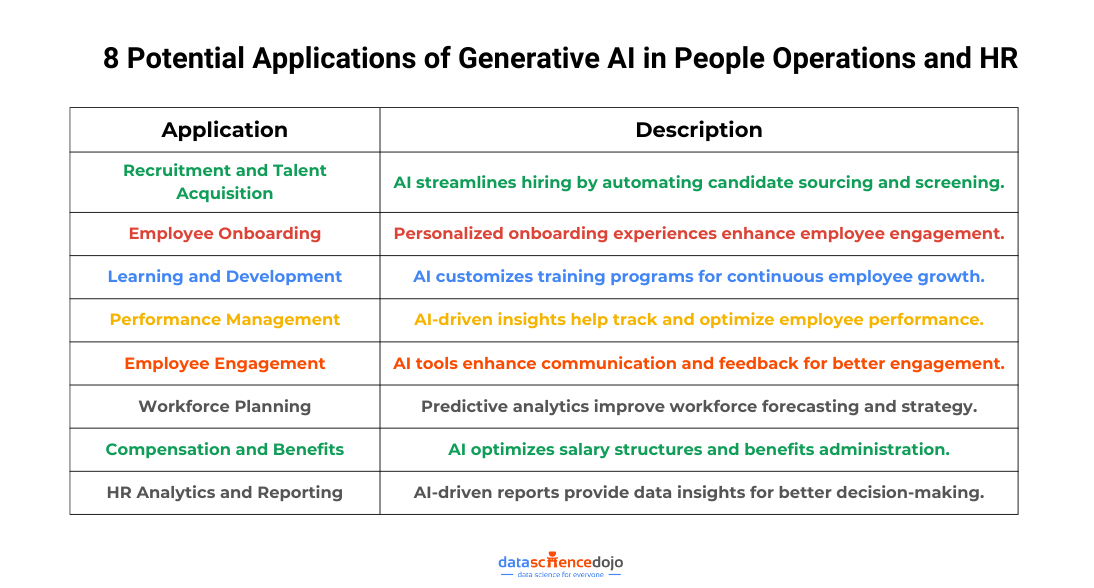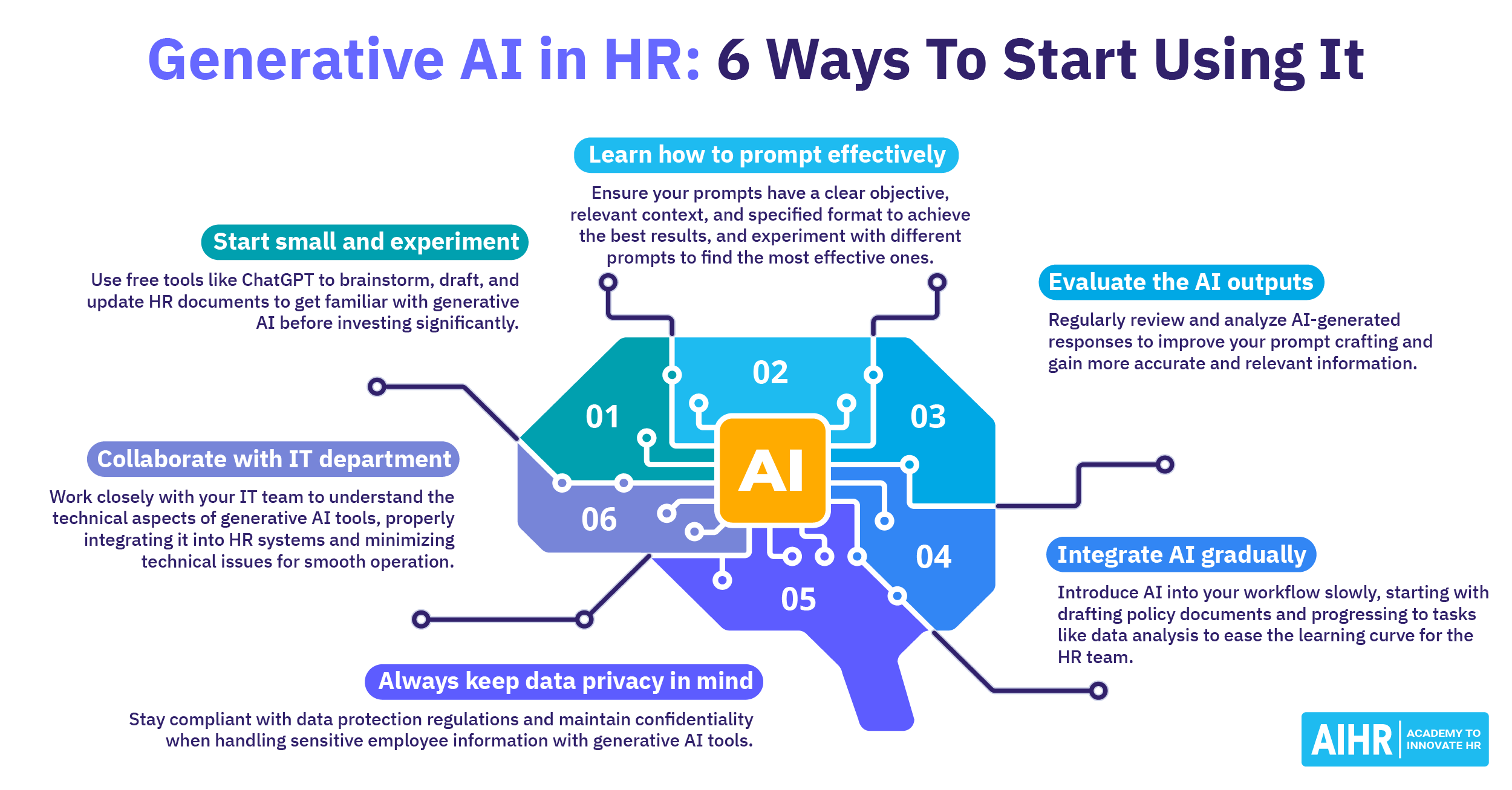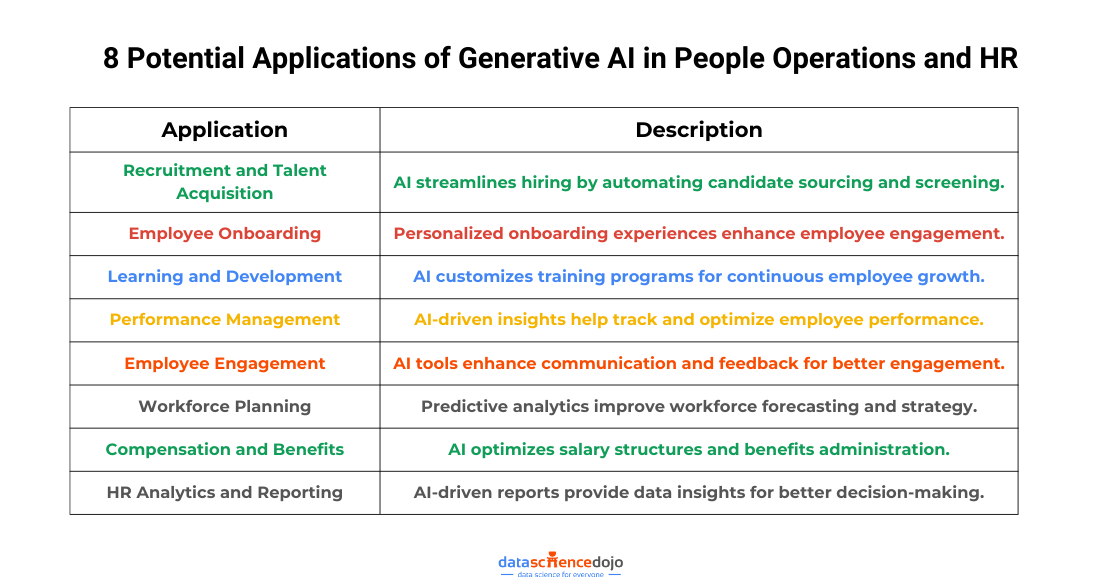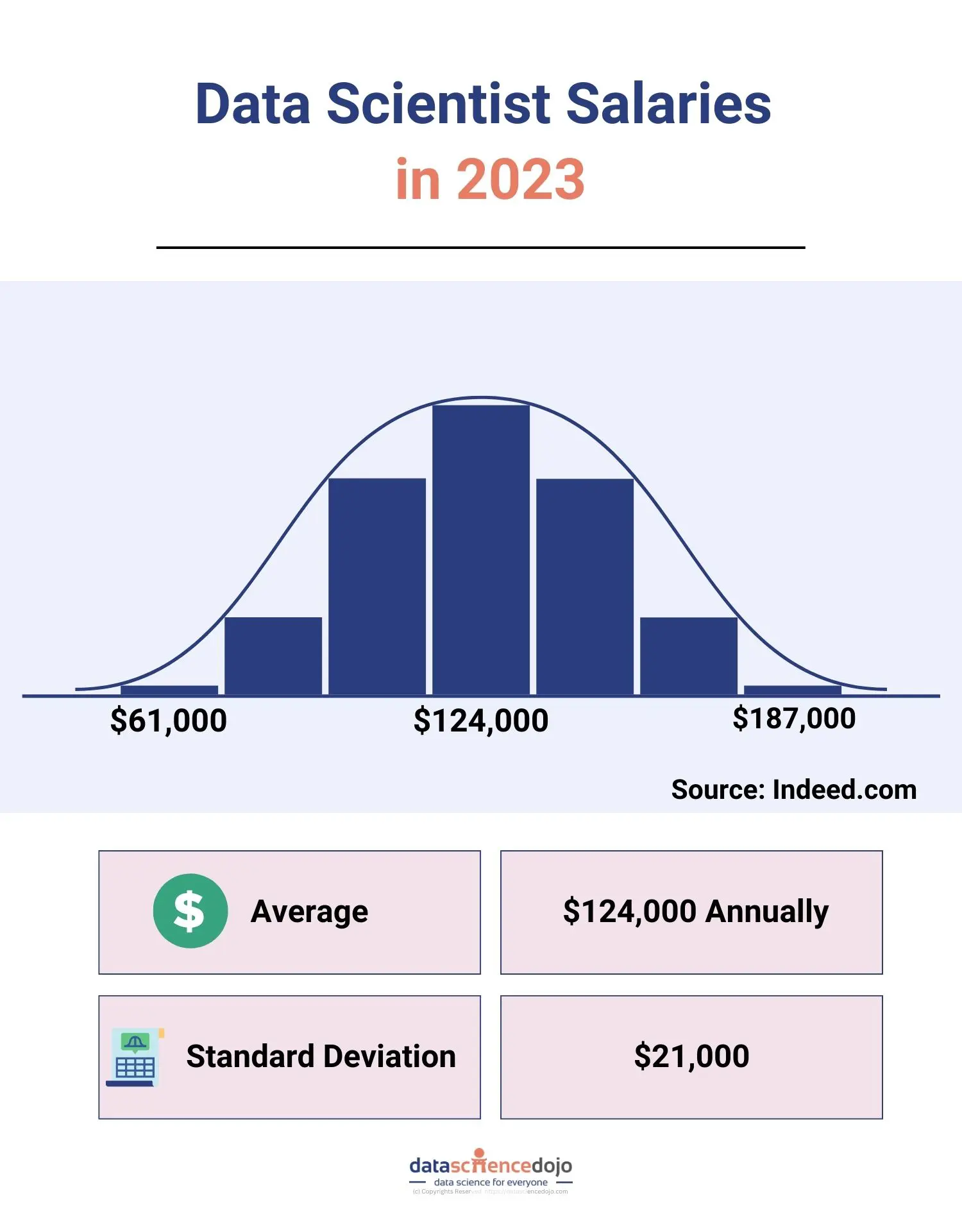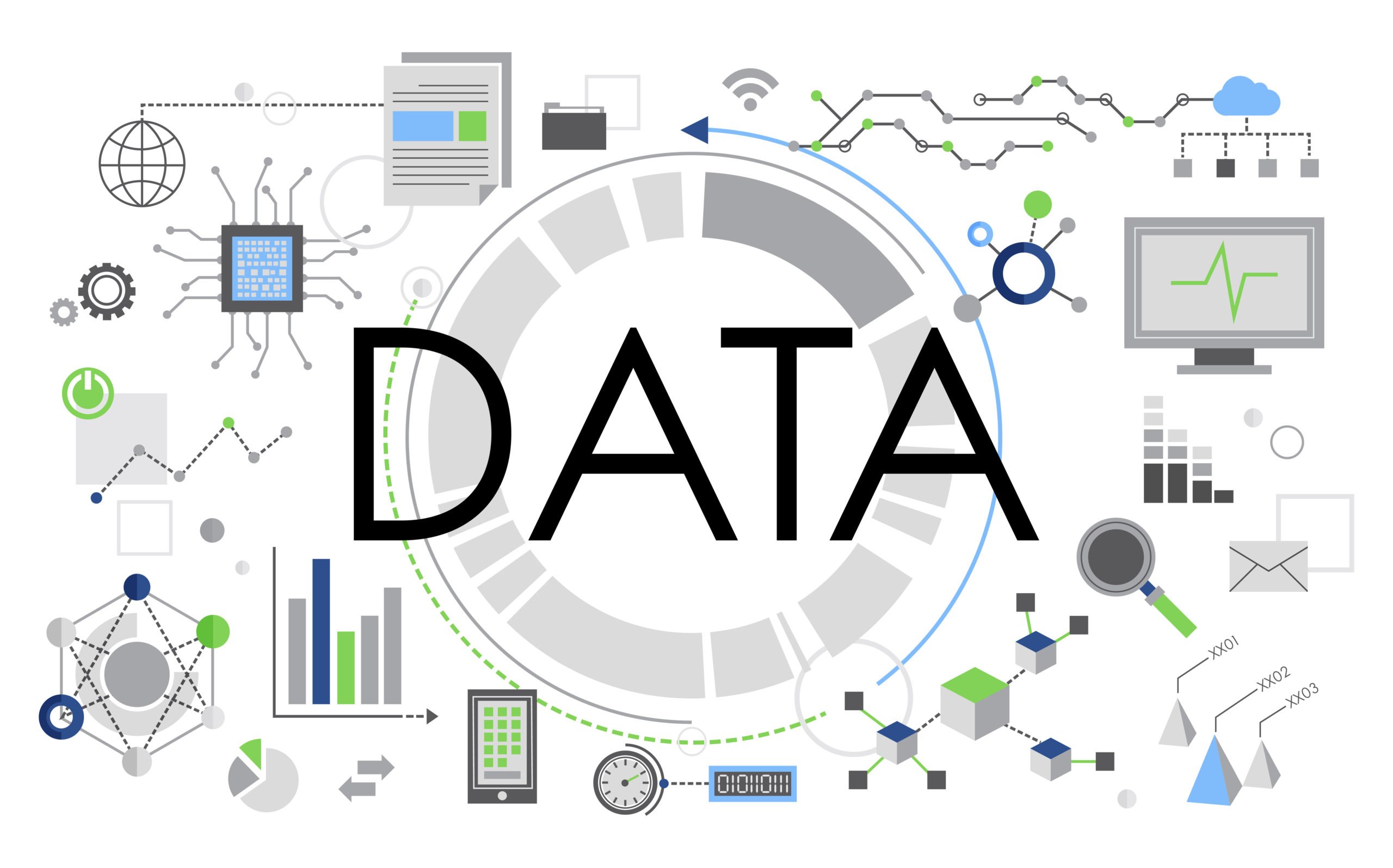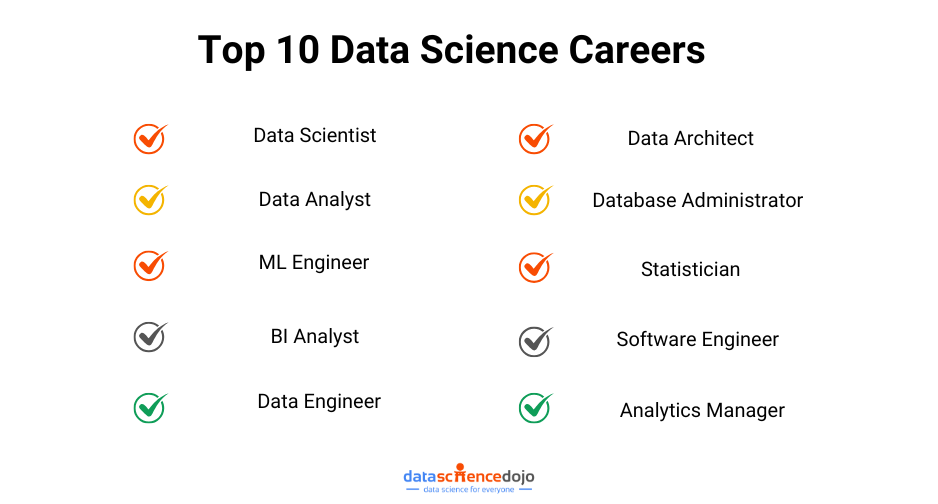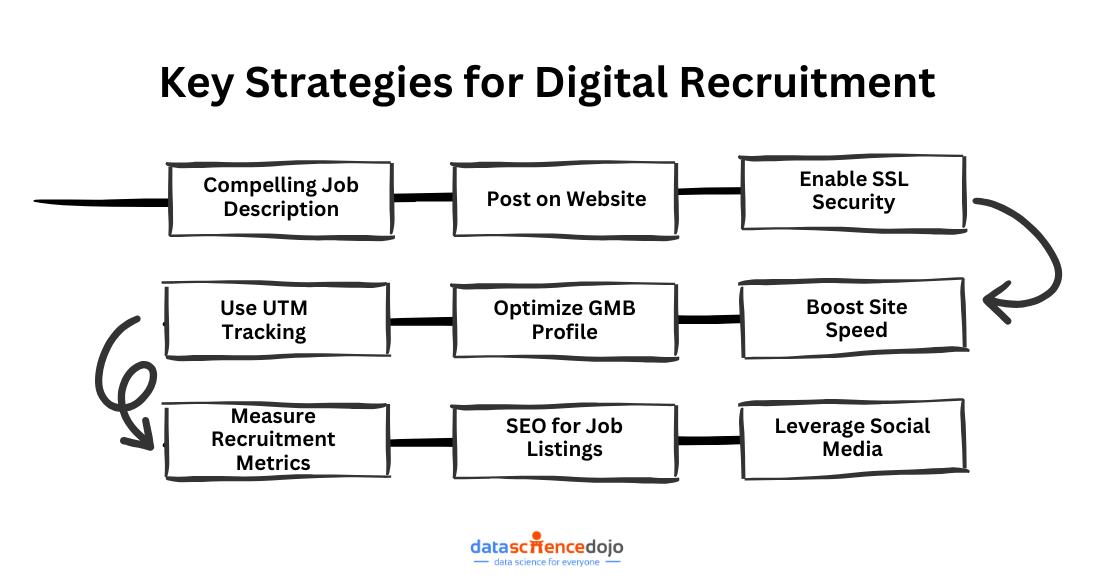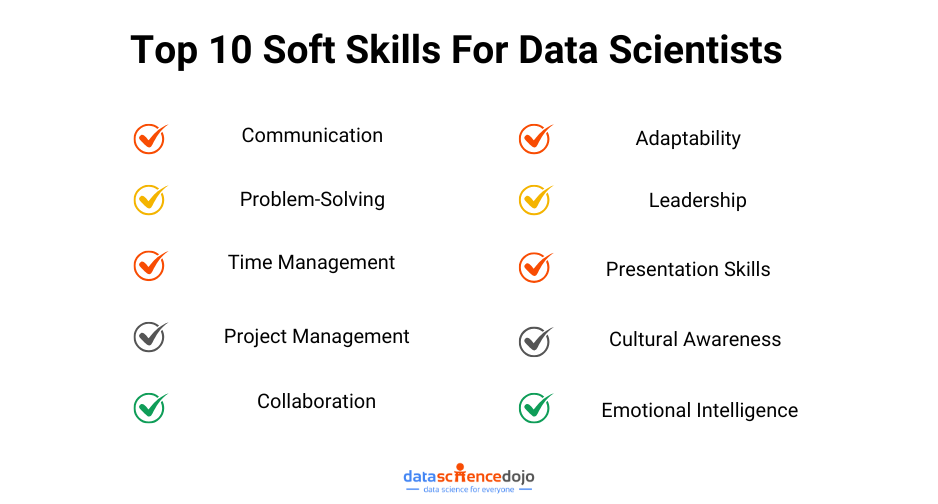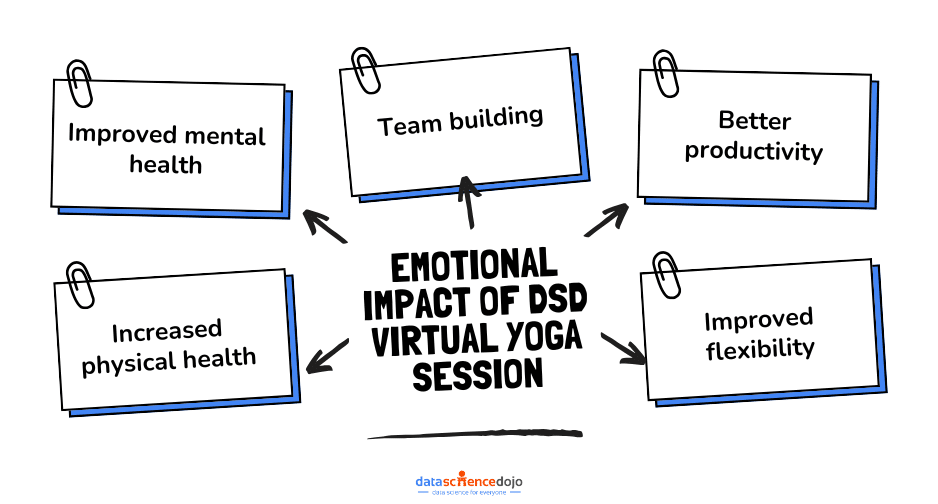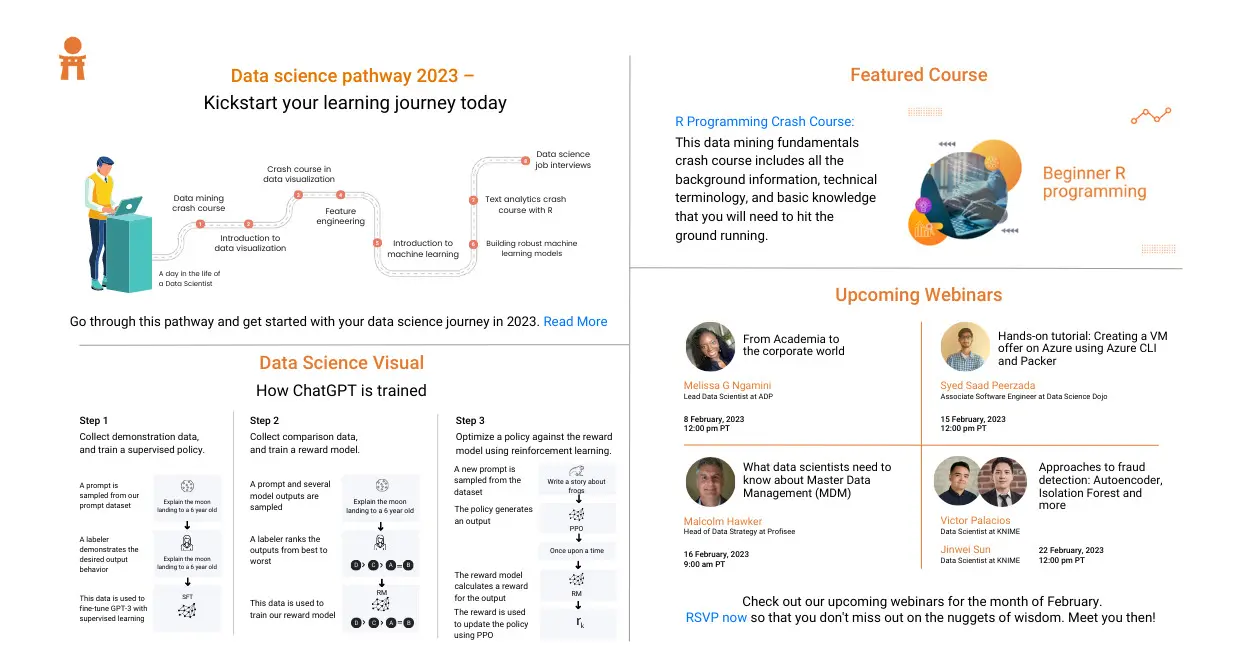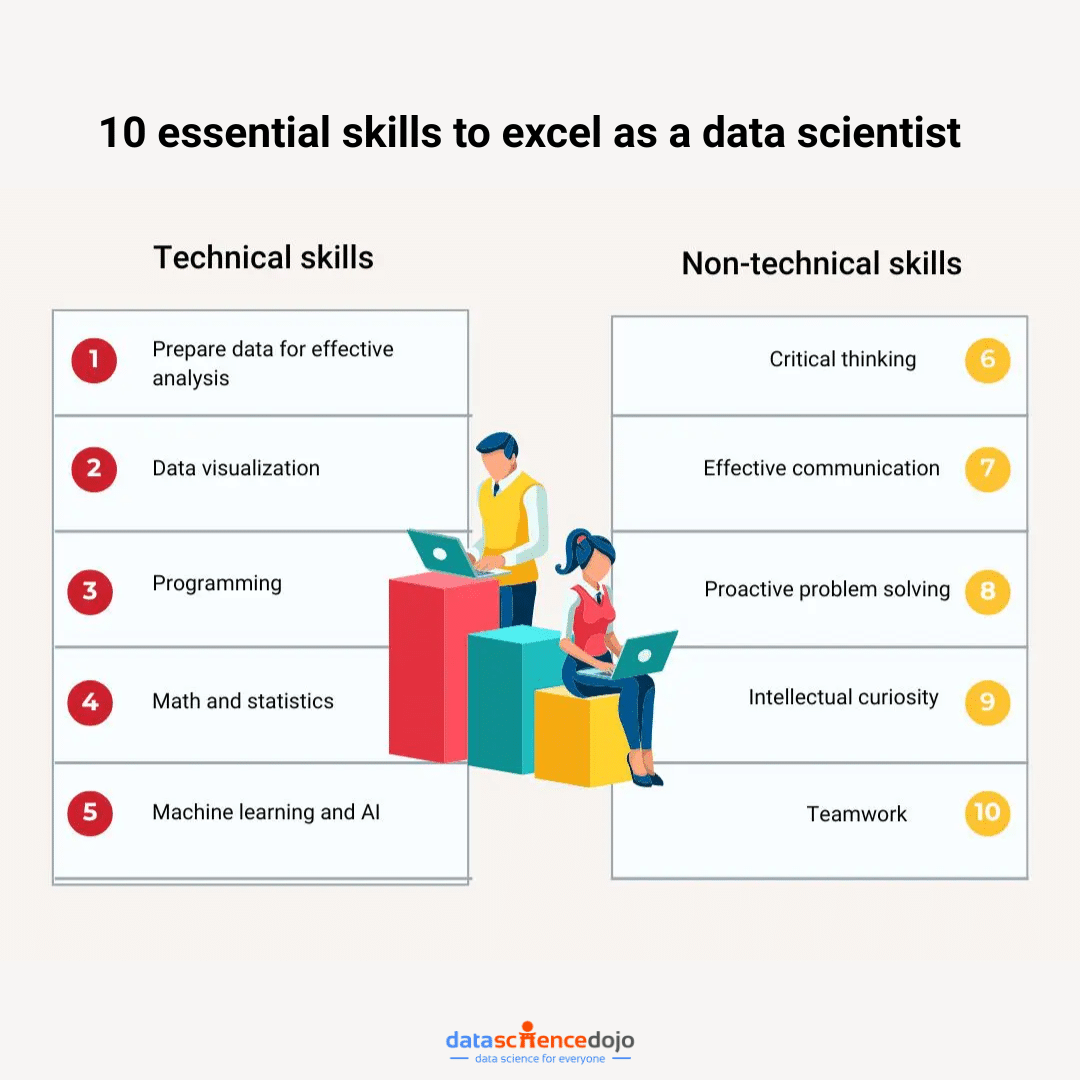Women in tech—why does it matter?
Well, let’s talk about it. Research from McKinsey shows that diverse teams perform better, stay more engaged, and attract top talent. So, having more women in tech isn’t just about fairness—it’s about making the industry smarter, stronger, and more innovative.
But here’s the thing. Even with all these benefits, women are still seriously underrepresented in the tech world.
Now you must be thinking if diversity is so important, why aren’t there more women in STEM?
The truth is, the road hasn’t been easy. For decades, women in technology have faced bias, discrimination, and systemic challenges that have held them back.
But that hasn’t stopped them. From the earliest days of computing to today’s tech leaders, there have always been some women who have shaped the industry in ways most people don’t even realize. They’ve broken barriers, led innovations, and kept pushing forward despite the odds.
In this blog, we’ll dive into their journey—the challenges, the victories, and the impact they’ve made.
We’ll also look at what’s being done to close the gender gap and how women today can build successful careers in tech.
Let’s get into it!
Women’s Role in Early Technology
Before we move forward, let’s talk about the women who helped shape technology. They didn’t just contribute—they changed the game. They faced challenges, broke barriers, and proved time and time again that they belonged in the world of tech.
It all started in the 19th century with:
- Ada Lovelace – She wasn’t just ahead of her time—she saw what others couldn’t. While working on Charles Babbage’s Analytical Engine, she wrote the first-ever computer algorithm. This made her the world’s first programmer and set the foundation for modern computing.
See? The world’s first programmer was a woman.
Fast forward to World War II, and once again, women were leading the way:
- The ENIAC Six – A team of female mathematicians who became the first programmers of one of the world’s earliest digital computers. Back then, programming wasn’t considered a prestigious job, but these women proved just how crucial their skills were.
Then came the mid-20th century, and more women continued breaking barriers:
-
Grace Hopper – She wasn’t just working in computing—she was revolutionizing it. She created the first compiler, making it easier for people to write programs and paving the way for modern software development.
-
Katherine Johnson – At NASA, she was doing the math that sent astronauts to the moon. Her calculations were so precise that astronauts trusted her more than the computers.
Now, this is what makes it even more frustrating. Despite these incredible achievements, women’s contributions were often ignored.
As the tech industry grew, fewer women were recognized, and their numbers in the field started to drop. It wasn’t because they lacked talent or passion—it was because they weren’t given the space they deserved.
That’s why remembering this history is important. It isn’t just about celebrating the past—it’s about recognizing the need to support and uplift women in technology today.
Another interesting read: Data Science YT Channels Led by Women
The Current State of Women in Technology
As we mentioned earlier, women in technology are still underrepresented—but let’s look at the numbers to see just how deep the gap really is.
- The gender gap in STEM starts early—right in the classroom. Globally, only 18% of women pursue STEM-related fields in higher education, while 35% of men do.
- This gap carries over into the workforce. As of 2023, women hold just 35% of tech jobs in the U.S. While progress has been made, these numbers show that equal representation is still a long way off.
- And when it comes to leadership, the situation doesn’t get much better. Between 2021 and 2024, women and non-binary individuals made up only 15% of C-suite roles (like CIOs and CTOs) in NASDAQ-100 tech companies.
- Promotions are another challenge. For every 100 men promoted to a managerial position, only 52 women in technical roles get the same opportunity. Fewer promotions mean fewer women in decision-making positions. Fewer role models for the next generation. And a cycle that keeps repeating.
The numbers speak for themselves. Women aren’t just underrepresented—they’re being held back. And if the industry wants to thrive, that needs to change.
Key Challenges Faced by Women in Technology
After looking at the current state of women in technology we can see that even today there are real challenges that make it harder for women to enter, stay, and grow in the tech industry.
Let’s take a look at some of their biggest hurdles:
- Being the “Only Woman in the Room”
Tech has long been a male-dominated space, and that can make women feel isolated or undervalued. Many women in tech experience microaggressions, exclusion from key projects, and a lack of mentorship.
Networking is another struggle. A lot of career-boosting conversations happen in male-centric spaces, like after-work drinks or informal meetups, where women aren’t always included.
- Women Are Leaving Tech Mid-Career
Many women start strong in tech, but barriers push them out before they can reach leadership roles. Burnout, lack of career growth, and difficulty balancing work and personal life all play a role.
And let’s be real—many companies still don’t offer decent maternity leave, childcare support, or flexible work options. Without these, even the most talented women struggle to stay in the industry.
- Bias in Hiring and Promotions
There’s still a belief that men are naturally better at technical roles, which leads to fewer opportunities for women. Even when women do get hired, they have to work twice as hard to prove themselves.
Promotions are another battle. Studies show that men are judged based on potential, while women are judged on past accomplishments—which is why women get promoted less often and are paid less than their male colleagues.
- Imposter Syndrome Is Real
Because of years of bias and underrepresentation, many women doubt their own skills—even when they’re more than qualified.
And this has a real impact. Research shows that men apply for promotions when they meet just 60% of the job criteria, while women wait until they meet 100%. This hesitation holds a lot of talented women back from stepping into leadership roles.
The good news? These challenges are finally being recognized. More companies are taking steps to fix the system. But there’s still a long way to go. The more we talk about these barriers, the closer we get to real change.
Inspiring Women Leaders in Tech Today
We’ve already talked about the challenges women face in tech—the biases, the lack of opportunities, and the constant struggle to prove themselves. But despite all of that, some women have decided they won’t back down. They are showing the world that no matter how tough the road, they belong in tech, and they’re here to stay.
Just like the amazing women of the past who shaped the tech world, today’s women are following in their footsteps. They are leading big companies, driving innovation, and making sure the next generation has it easier than they did.
Here are some incredible women of today’s generation who are making history in tech right now:
- Ginni Rometty (Former CEO of IBM)
The first woman to lead IBM, Ginni helped turn the company into a leader in AI and cloud computing while pushing for more diversity in tech.
- Sheryl Sandberg (Former COO of Facebook/Meta)
Sheryl played a huge role in growing Facebook and is the author of Lean In, a book that encourages women to go after leadership roles.
- Susan Wojcicki (Former CEO of YouTube)
Susan was one of Google’s first employees and later became the CEO of YouTube, helping it grow into one of the biggest platforms in the world.
- Safra Catz (CEO of Oracle)
A powerhouse in the tech world, Safra has been leading Oracle for years and has played a big role in its success.
- Whitney Wolfe Herd (Founder & CEO of Bumble)
Whitney didn’t just create a dating app—she changed the game by making Bumble a platform where women make the first move. She also became the youngest female CEO to take a company public in the U.S.
- Reshma Saujani (Founder of Girls Who Code)
Reshma is on a mission to close the gender gap in tech by helping thousands of young girls learn to code.
- Arlan Hamilton (Founder of Backstage Capital)
Arlan built a venture capital firm from scratch—one that invests in women, people of color, and others who are often overlooked in the tech world.
- Fei-Fei Li (AI Expert & Co-Director at Stanford HAI)
A leading name in artificial intelligence, Fei-Fei is making sure AI is built in a way that benefits everyone, not just a select few.
- Megan Smith (Former U.S. Chief Technology Officer)
As the first female U.S. CTO, Megan worked to make tech more inclusive after holding leadership roles at major tech companies.
- Katie Haun (General Partner at Andreessen Horowitz)
A former prosecutor turned tech investor, Katie is now one of the most influential people in the world of cryptocurrency and blockchain.
These women prove that tech isn’t just for men—it never was, and it never will be. They are showing the world that women can lead, innovate, and succeed no matter how tough the industry tries to make it for them. And just like the women before them, they’re making sure the next generation has even more doors open to them.
The Role of Companies in Promoting Gender Diversity
Women in technology have proven their skills time and time again, yet the industry is still catching up when it comes to true gender diversity. The good news? People are finally talking about it.
But awareness isn’t enough—real change comes from action. That’s why many companies are stepping up and making tech a more inclusive space for women.
Here’s how they’re doing it:
- Bias Training: Companies are rolling out training programs to help employees recognize and challenge unconscious biases. Because let’s be real—half the battle is people not even realizing these biases exist.
- Flexible Work Policies: More companies now offer remote work, flexible hours, and solid parental leave. Because a career in tech shouldn’t mean choosing between work and personal life.
- Fair Hiring Practices: Instead of relying on the same old hiring methods, companies are using diverse interview panels and structured questions to level the playing field.
- Tracking Progress: It’s not just about good intentions—companies are now tracking gender diversity metrics like pay gaps and leadership representation to make sure they’re actually improving.
Companies That are Leading the Way
Some companies aren’t just talking about change—they’re making it happen.
- Unilever: Their “Unstereotype” campaign helped boost female leadership and even increased brand loyalty by 30%. Their goal? A gender-balanced workforce at every level.
- Salesforce: They’ve invested millions in closing the gender pay gap. And guess what? It’s working. Employees are happier, and retention rates have gone up.
Coding Bootcamps and Programs Empowering Women
Companies might be talking about gender diversity, but let’s be real—women still have to fight for their place in tech. Unlike men, they don’t just get handed opportunities. They have to work twice as hard to prove themselves. And that means getting the right skills, support, and connections to break into the industry.
The good news? There are coding bootcamps and programs designed specifically to help women in technology get ahead. These aren’t just about learning to code—they’re about making sure women have the tools they need to succeed in tech.
Best Coding Bootcamps for Women
Here are some of the best bootcamps helping women level up and land tech jobs:
- SheCodes – Perfect for beginners, with hands-on coding workshops. Plus, they offer free programs in 69 developing countries!
- Grace Hopper Program – An online coding bootcamp for women and non-binary folks, focused on software engineering and breaking barriers in tech.
- Ada Developers Academy – A free, six-month program that teaches software development and pushes for social justice in tech.
- Code First Girls – Offers free coding courses in the UK, covering Python, JavaScript, and more.
Free & Paid Programs Helping Women in Tech
Looking for resources to get started? Here are some top free and paid programs:
Free Programs:
- SheCodes – Free coding workshops for women in developing countries.
- Code First Girls – Free coding courses across the UK.
- Kode With Klossy – Free summer coding camps for young women and gender-expansive youth in the U.S.
Paid Programs:
- allWomen Academy – Focuses on data analytics, data science, and UX/UI design, with mentorship to help women grow.
- Le Wagon – Hands-on, project-based learning with career support in an inclusive space.
Real Success Stories
- Grace Hopper Program – Its graduates have landed jobs at some of the biggest tech companies, proving that women do belong in software engineering.
- SheCodes – Thousands of women have used this program to switch careers and step into the tech industry with confidence.
- Kode With Klossy – This program isn’t just about coding—it’s about building a sisterhood of young women in tech who support each other.
These programs aren’t just about learning—they’re about helping women in tech claim their space.
At the end of the day, women don’t just need opportunities—they need spaces that empower them to take what’s rightfully theirs. And these programs are making sure of that.
The Next Generation of Women in Technology
So, where do we go from here? We’ve talked about the struggles, the successes, and the slow progress. But the future of women in tech isn’t just about numbers. It’s about changing the entire narrative.
For decades, women in tech have been fighting to “break into” the industry. But the next generation? They’re not just breaking in—they’re reshaping it.
We can see that the future won’t just be about fitting into male-dominated spaces; it will be about building spaces where women don’t have to constantly prove they belong.
Instead of waiting for change from the inside, more women will create their own tech startups, setting new industry standards. As more women enter AI, cybersecurity, and software development, we’ll see products designed with everyone in mind—not just the default male perspective.
But for this future to become a reality, change needs to happen at multiple levels:
- It starts with education. Girls need early exposure to coding, robotics, and STEM subjects so they grow up seeing tech as a normal career path, not a field where they have to prove themselves. More scholarships and mentorship programs can also help bridge the gap.
- Workplaces need to evolve. Right now, many companies expect women to adapt to systems designed for men. Instead, they should be creating environments where women thrive—with flexible work arrangements, strong mentorship programs, and hiring processes that eliminate bias.
- Funding gaps must close. Women-led startups receive only a tiny fraction of venture capital funding. If we want to see more female founders leading the next big innovations, investors need to step up and support them.
- The mindset around success has to change. Too often, success in tech is measured by how well women navigate a system built for men. The next generation shouldn’t have to fight for a seat at the table—they should be the ones building the table.
The future of women in tech isn’t just about filling quotas or increasing representation. It’s about creating a world where equality isn’t something to fight for—it’s just the way things are. And if history tells us anything, it’s that the next generation of women? They’ll make that happen.
Wrapping Up
Women in tech have always been here, and no amount of barriers, biases, or outdated systems can erase their impact. We’ve seen how history tried to overlook their contributions, how workplaces made it harder for them to grow, and how they still have to fight for opportunities that should already be theirs.
But here’s the thing—women in tech aren’t just showing up; they’re taking over. They’re launching startups, leading major tech companies, and innovating in ways that are shaping the future. From coding bootcamps to executive positions, they’re proving that the industry isn’t just for men. And despite the challenges, more women in tech are rising every day, breaking barriers and demanding the space they deserve.
The future of technology is diverse, and women are no longer waiting for permission—they’re making their own way. The real question is, is the industry ready to keep up?


